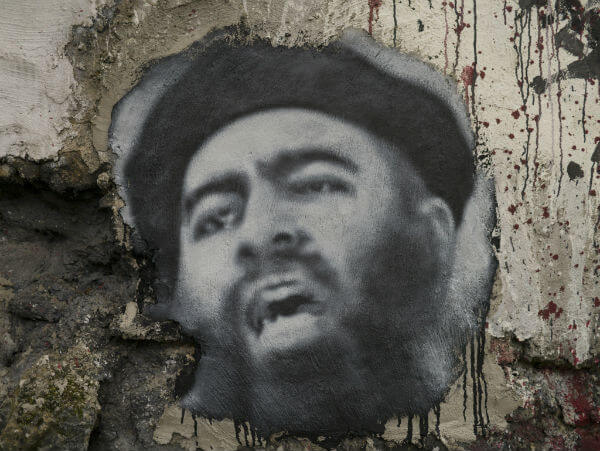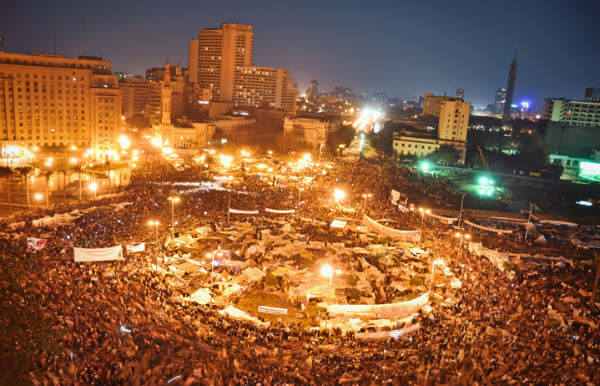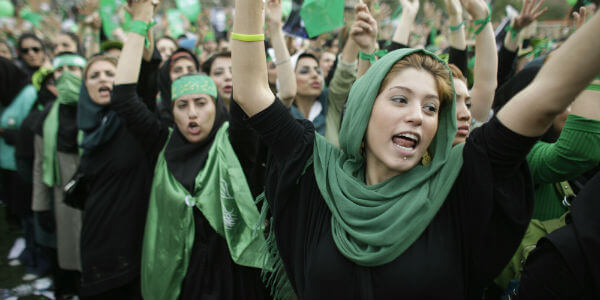The New York Times reports: In the few weeks since Poland’s new right-wing government took over, its leaders have alarmed the domestic opposition and moderate parties throughout Europe by taking a series of unilateral actions that one critic labeled “Putinist.”
Under their undisputed leader, Jaroslaw Kaczynski, they pardoned the notorious head of the security services, who was appealing a three-year sentence for abuse of his office from their previous years in power; tried to halt the production of a play they deemed “pornographic”; threatened to impose controls on the news media; and declared, repeatedly and emphatically, that they would overrule the previous government’s promise to accept refugees pouring into Europe.
But the largest flash point, so far, has been a series of questionable parliamentary maneuvers by the government and the opposition that has allowed a dispute over who should sit on the country’s powerful Constitutional Tribunal to metastasize into a full-blown constitutional crisis — with thousands of protesters from all sides taking to the streets.
Countries across Europe have seen nationalist movements rise in popularity, particularly in the wake of the refugee crisis and the terrorist attacks in Paris. But Poland’s rightward lurch under the newly empowered Law and Justice Party is unsettling what had been the region’s strongest economy and a model for the struggling post-Soviet states of Eastern Europe. [Continue reading…]
Bloomberg reports: Poland’s government replaced the head of NATO members’ training facility in Warsaw after Defense Ministry officials and military police entered its provisional office after midnight on Friday.
The Counter Intelligence Center of Excellence was staffed with officials who weren’t supported by the Polish government, Deputy Defense Minister Bartosz Kownacki told RMF radio. The ministry appointed Colonel Robert Bala as the acting director of the center, which hasn’t yet been accredited by NATO, an alliance official said. [Continue reading…]
On November 12, AFP reported: Tens of thousands of protesters poured into Warsaw’s streets on Wednesday for a demonstration organised by the far right, marching under the slogan “Poland for the Polish” and burning an EU flag.
Police said 25,000 people joined the march, which marked the anniversary of Poland’s return to independence after the First World War, while organisers put the numbers at 50,000.
“God, honour, homeland,” chanted the protesters as they marched under a sea of red-and-white Polish flags.
Demonstrators trampled and burned a European Union flag at one point, while a banner added to the anti-EU theme with the slogan “EU macht frei” (“Work makes you free” in German), a reference to the slogan over the gates at Auschwitz.
“Yesterday it was Moscow, today it’s Brussels which takes away our freedom,” chanted one group of protesters.
Other banners read “Great Catholic Poland” and “Stop Islamisation”. [Continue reading…]
Ivan Krastev writes: The new government has pushed forward three staggering changes. The man chosen to oversee police and intelligence agencies is a party stalwart who received a three-year suspended sentence for abusing power in his previous role as head of the anti-corruption office, signaling that political loyalty is above the law.
The government has purged European Union flags from government press briefings, demonstrating that it sees Polish national interests in opposition to European values.
And it has weakened the country’s separation of powers by rejecting the previous Parliament’s nominees to the constitutional court — and instead appointed its own candidates, provoking a constitutional crisis.
Why has Poland, the poster child of post-Communist success and Europe’s best economic performer of the last decade, suddenly taken an illiberal turn? Why, despite the profound public mistrust of politicians, are people ready to elect parties eager to dismantle any constraints on government’s power?
For one thing, the Law and Justice Party bet on a form of illiberal democracy because it succeeded in Hungary. The Orban model of rebuking the European Union while accepting billions in aid money has worked. So have Mr. Orban’s efforts to consolidate power by demonizing his political opponents. Hungary’s economy has not collapsed as critics predicted; nor did Mr. Orban’s party lose at the ballot box. [Continue reading…]






